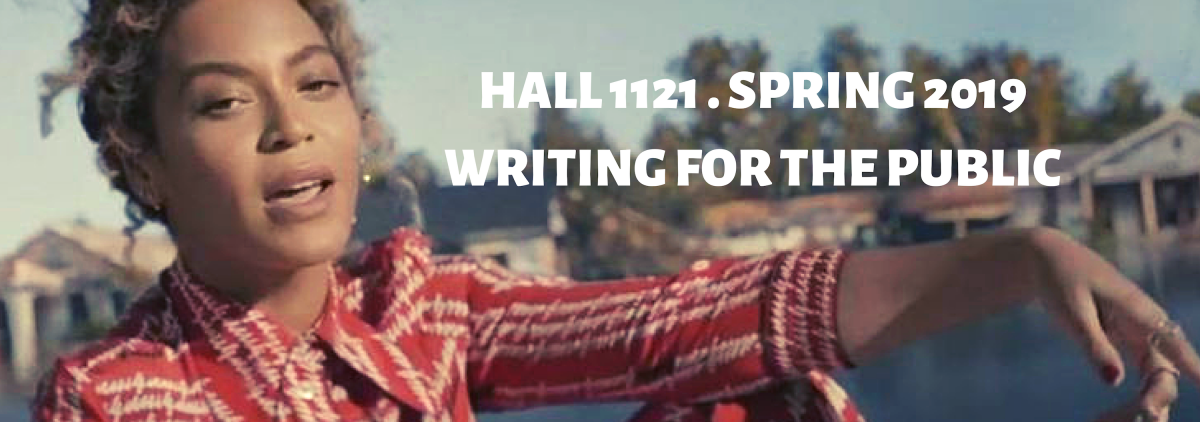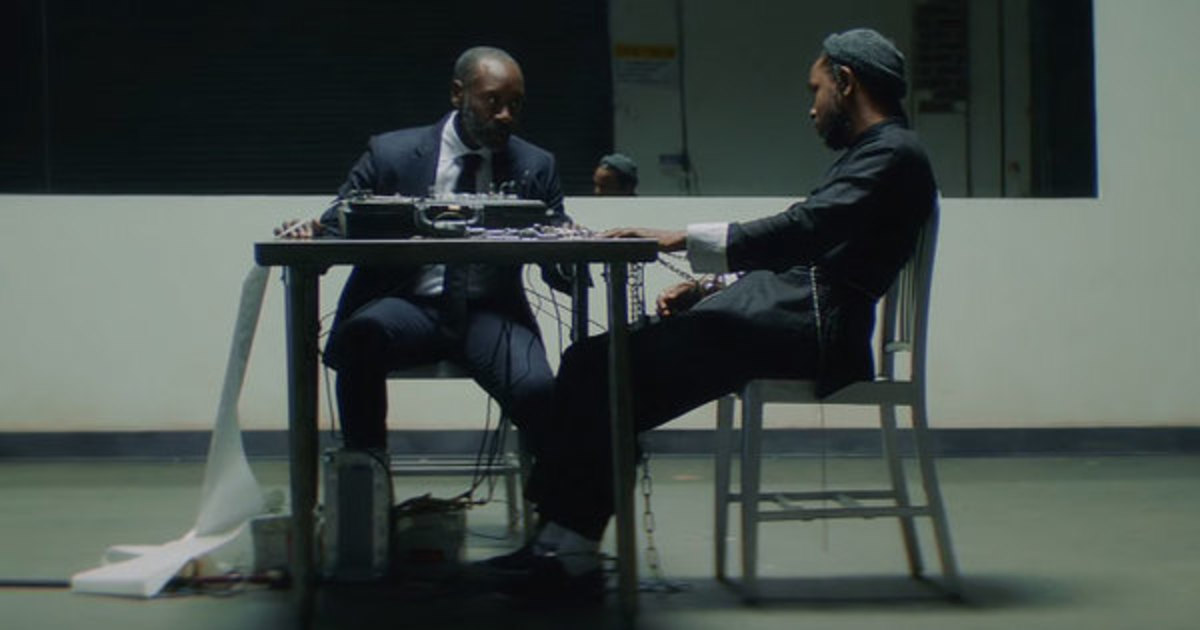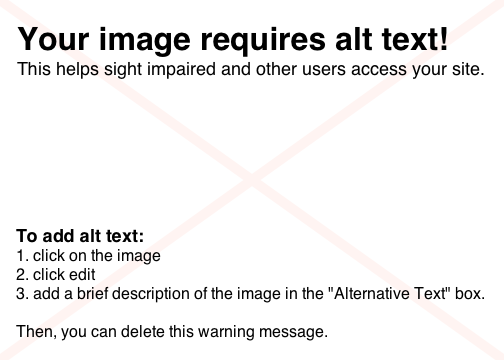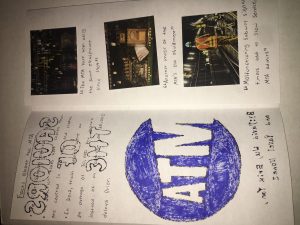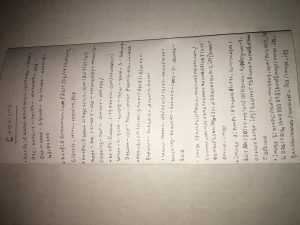David Wu
5/22/19
Prof Hall
Eng 1121
Me As A Writer
I don’t believe there’s such a thing as a perfect writer. Everyone has their own set of writing skills. I believed that I was a horrible writer for a long time since elementary school. I had to take ESL to learn how to write. Till now, although I feel my writing has improved a bit then before, there is still a lot for me to learn as a writer.
Coming to this class at the beginning of this semester, I expected it to be another regular English class. I expected us to just be given research papers and regular writing assignments to work on, just hand it in to be graded, and not learn on how to become a better writer. However, the assignments given to us by Professor Hall were something I wouldn’t have expected from an English class. The assignments given to us were assignments to help us find our “inner voice” in our writing and to be able to express our ideas on topics. I felt as if these type of assignments of being able to incorporate one’s point of view or ideas on certain topics is what makes the writer interested in writing and readers being able to see and read what the writer has to say.
The first assignment given to us, we had to write a specific event that impacted us in learning something. For me, I just wrote down lessons I learned from basketball from the top of my head without giving any details or explanations. Most professors would just read it, grade it, and hand it back, but Professor Hall read the paper thoroughly and had a lot of comments on it. She told me there was nothing in the essay that makes it me, there’s no specific details to my claims, and there was a lot to write about. Hearing the feedback from her showed me on how my writing can improve than before. Given the third assignment, a revision on any of the previous units, I decided to rewrite the education essay. This time I took the feedback I heard and incorporated it into the writing. Improving this essay by going into detail about my claims and showing how it makes it me by including my point of view and ideas. I felt the revision I wrote is definitely a lot better than the first essay I wrote.
This carried on to the following units and assignments. Every unit I would incorporate my point of view and ideas on the topic. For example, the final unit which was another revision, I decided to revise the second unit which was an essay about pop culture and social responsibility. Given what I learned on how to improve my writing, I did the same for this unit, incorporating my ideas and thoughts onto the assignment. I analyzed the Kendrick Lamar video “DNA” in depth and went into detail about lyrics and scenes in how I viewed it. This made me confident and interested in writing this essay knowing I am able to incorporate my thoughts to this essay for readers to read on what I think about this topic.
To sum it all up, I feel my writing has definitely improved through the semester. Before I would struggle to write a 500 word essay and feel my essays aren’t great because I wouldn’t know what to write or to know to go into detail in my essays. But this course showed me how to improve my writing by expressing my thoughts and ideas and going into detail on topics. This course definitely helped me find my “inner voice” in my writing. To me, I feel Professor Hall has made me a better writer than before and I would take her for my future English courses if possible to learn on how to improve my writing even more.
